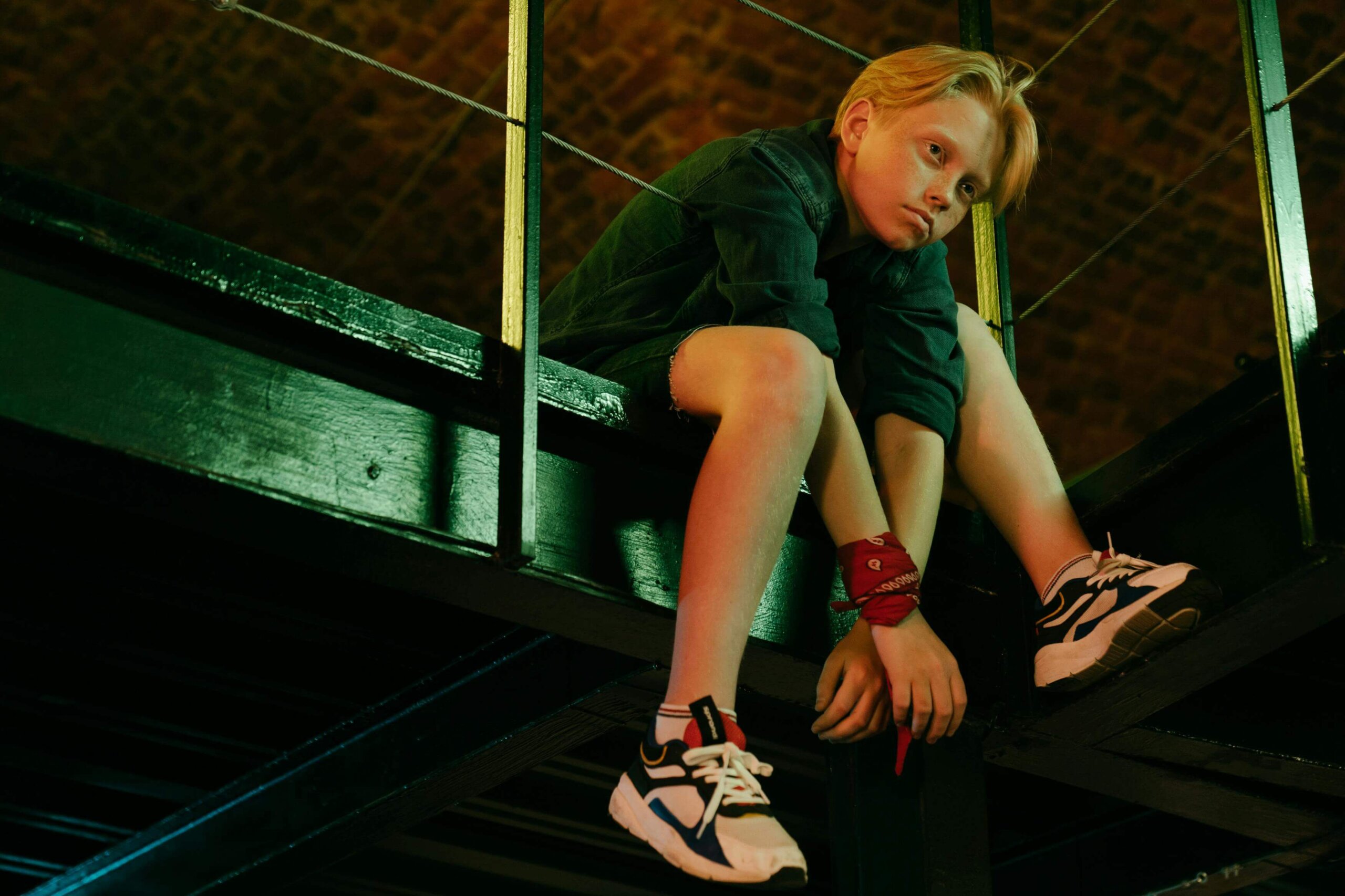Most people associate children and teens with ADHD with hyperactivity, or the inability to sit still. However, there are many traits in kids with ADHD that you probably wouldn’t recognize and might surprise you. Symptoms manifest differently in different children, depending on severity, age, treatments and more. Once you learn the most common traits associated with ADHD, you’ll be able to better understand the condition and generate more understanding for the children and teens with ADHD.
Here are 10 typical traits of kids with ADHD and potential signs your teen has ADHD
Trait #1. Poor time management skills
Children and teens with ADHD have a difficult time with gauging how long a task will take or how to divide up tasks so they can get done. Their brains function differently from other people and it’s harder for them to mentally organize their time. Often, checklists and reminders work well to help children and teens with ADHD to build time management skills that stick.
Trait #2. Disorganized
The same hindrances in time management also affect a child or teen with ADHD’s ability to organize physically, from books and toys to work files and accounts.
Trait #2. Difficulty establishing learning habits
Because ADHD affects neurotransmitters, it makes it more difficult for those with ADHD to imprint the things they need to learn. It may take a child with ADHD up to 20 times longer to learn something that a more typical student
Trait #3. Impulsive communication
Children and teens with ADHD are often creative and impulsive, which makes it harder for them to engage in steady one-on-one communication. They may be so vocal that they shut others out, or constantly interrupt when another is talking.
Trait #4. Inattention
Inattention is when a child or teen has difficulty paying attention to details in school or during work. It includes careless mistakes, inability to keep focused on the task, procrastination and forgetfulness. At the school level, it often means missed assignments and low test grades due to mistakes.
Trait #5. Impatience
Those with ADHD struggle with waiting, such as waiting in line, waiting for a turn or waiting for someone to return, like a parent or teacher. Impatience can often transition into the child or teen’s inability to sit still and they feel like they need to do something else to occupy the time.
Trait #6. Impulsiveness
Impulsive behavior is closely tied to impatience and often includes blurting out answers, interrupting speakers, inability to share (like a toy or the swing) and telling others the punch line of a joke or the end of a story before it is revealed.
Trait #7. Easily Distracted
Even if a child or teen with ADHD is wholly focused on a task, it doesn’t take much for them to move on to something else. When they are distracted, it makes it that much more difficult for them to return to the first task and finish it.
Trait #8. Frustration
Because so much of ADHD includes a struggle to fit into social situations and failing, children and teens often face rejection, and therefore frustration. Frustrated children and teens can be rude and sarcastic, and might include tantrums in younger children and moodiness in teens.
Trait #9. Hyperactivity
This is the main trait that people associate with ADHD, but it may not look like what people envision. Hyperactivity in children and teens doesn’t mean tantrums and running around all the time. Generally, it means having difficulty playing quietly, talking too much, fidgeting, frequently leaving the desk or table, and overall restlessness.
Trait #10. Secondary conditions
Children and teens with ADHD are more likely to experience anxiety and depression, which are secondary conditions that need professional intervention in order to make sure they don’t add to the challenges the child or teen faces.











0 Comments